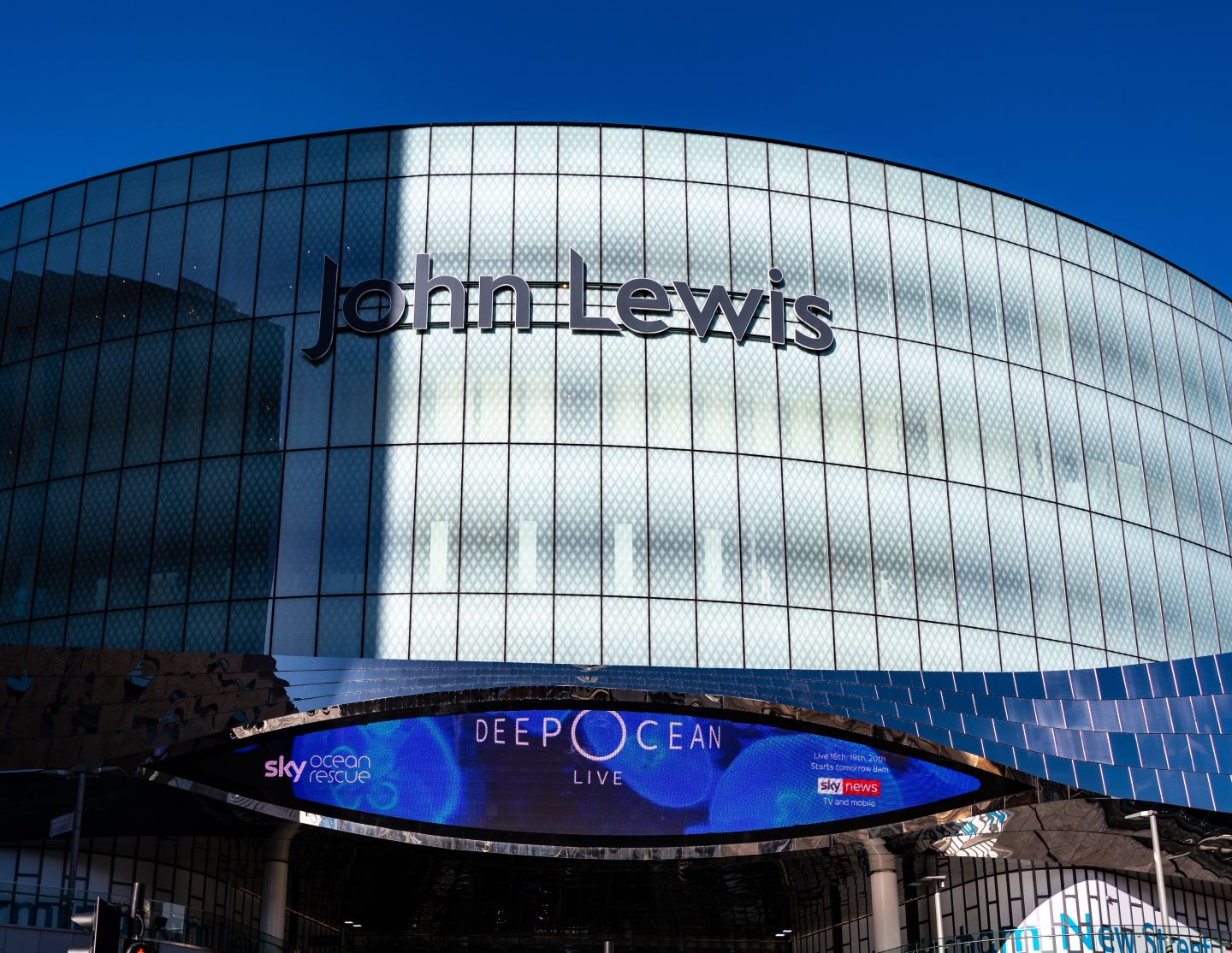The John Lewis Partnership says it is the first UK retailer to have net-zero science based targets validated by the Science Based Targets initiative (SBTI).
The John Lewis Partnership has announced a target to become net-zero across its own operations by 2035, and wider supply chain by 2050 as part of its commitment to help limit the global temperature rise to 1.5°C – as called for in the Paris Agreement.
The John Lewis and Waitrose brands owner says it is the first retailer in the world to have validated SBTi science-based targets focused on greenhouse gas emissions originating from ‘forests, land and agriculture’.
Marija Rompani, director of sustainability at the John Lewis Partnership, said: “Reaching net-zero by 2050 means transforming our business in every way, from how we design our goods to last, how we and our suppliers power our farms, factories and stores, and how we make it easier for our customers to make more sustainable choices.
“To be the first retailer globally to set forest, land and agriculture science-based targets gives us great pride. It will be the bedrock of our plans to protect and restore nature and tackle the climate crisis over the years to come.”
Work is underway to sharply decarbonise and includes:
- Committing to moving vehicles away from fossil fuels within own operations by transitioning larger vehicles to run on biomethane and smaller vans on electricity
- Where possible, converting the gas boilers that heat the stores to electric-powered heat pumps
- Procuring 100% renewable electricity across all operations
- Upgrading fridges to reduce the warming impact of refrigerant gases
- Asking larger Waitrose suppliers to set their own net-zero targets
- Launching integrated energy efficiency insights on online John Lewis products, so customers can see at a glance how much money they can save by choosing a more efficient product.
Innovation will form a key part of further reductions in emissions going forward. Another element to reducing its emissions footprint is by prioritising circularity in the design of products and services, such as:
- Offering fashion rental for occasion and childrenswear.
- Developing product standards for longevity, recyclability and use of more sustainable materials.
Simon Winch, Environment Lead at the John Lewis Partnership, said: “Coming up with a set of credible targets for our road to net-zero is the culmination of many months of focused work and determined preparation. Validation by SBTi gives us great confidence in the targets and our plans.
“But we know this is only the start. The validation of our science-based targets will turbocharge the change needed in our business to transform how we operate and help ensure that the world remains in sight of limiting global warming to no more than 1.5°C.”
Luiz Amaral, CEO of the Science Based Targets initiative said: “Climate science tells us that we need rapid and deep emissions cuts if we are to achieve global net-zero and prevent the most damaging effects of climate change.
“The John Lewis Partnership’s net-zero targets match the urgency of the climate crisis and set a clear example that their peers must follow.”

